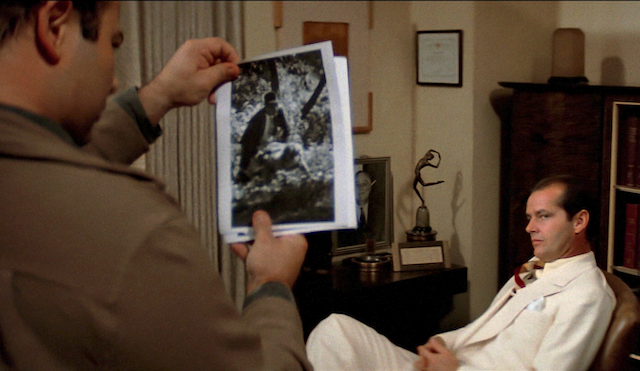What Readers Love
The Best Sleuths Have Character
The most important character in your mystery is your sleuth. You want your readers to empathize and sympathize with the dilemmas your sleuth faces. And some of these are of her own making or through no fault of his own. Just because you create a situation does not mean your reader loves your character.
If you have your story elements balanced, your one shining star in your story is your sleuth. So, how do you get your readers to love your sleuth?
Set Up Your Sleuth to be Loved
And, your sleuth needs to interact with the environment and other characters. The flaw (s) you give your sleuth can get him into trouble or predispose another character to react.
Frailty is human. Give your character ways for your reader to sympathize.
Author Chris Fox reviewed these elements that get your readers to love your character.
Disadvantage
Readers root for an underdog. Give your sleuth a political, economic, or social weak spot. Do poor suspects shun your wealthy sleuth? Is she from the wrong side of the tracks? Does the local power group exclude him keeping him from learning important information? Your sleuth can’t change where he was born, his current economic circumstances, or his anti-corruption stance.
Don’t confuse the disadvantage with a flaw. Unlike a flaw like an addiction or a short temper, your sleuth’s disadvantage is a given. She can’t overcome the disadvantage. He can’t hide his disadvantage. Other characters will respond according to their personal prejudices.
Because the disadvantage is a given, your sleuth will suffer the consequences. Get the reader to cheer on your sleuth. The more your sleuth suffers from the disadvantage the greater the reader empathy.
Context
Your reader makes a value judgment about your sleuth by how he compares to other characters in the story. If your sleuth is smart, pit her against someone smarter. If he is strong, another character is stronger. Give him a moment of hesitation when a quick-tongued suspect outmaneuvers him. Your reader will adjust their perception and root for your sleuth.
The more you challenge your sleuth’s abilities with other characters, your reader will sympathize and want your character to prevail.
Vulnerability
Show your sleuth’s weakness in a believable way. Let your tough guy cry when a plastic toy reminds him of his child who died. Or her best friend’s bout with cancer. The surest way to get a reader to love your sleuth is to show her frailty. You only need one instance in your story, but make your sleuth vulnerable. Show your reader that he’s not on top of it all the time.
Dig Deep into Your Character
When the elements of strength, disadvantage, and vulnerability are integral to your character, your reader knows your character and sympathizes. If you try to tack on a vulnerability, your reader will notice, not sympathize, and stop reading. Avoid those reader
Aw, come on moments by creating a rich character background.
You’ll have a believable character that your reader will love.
Zara Altair
Photo by Nik MacMillan on Unsplash






